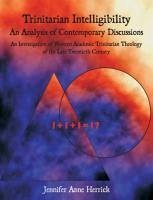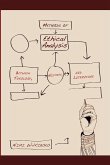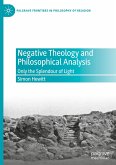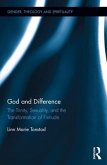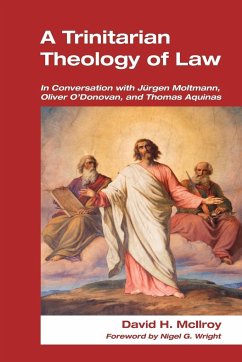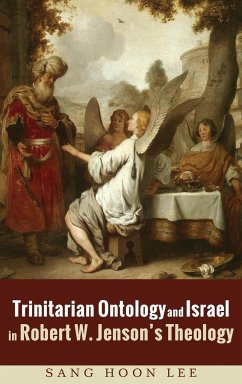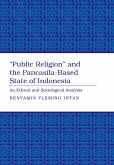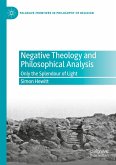The concern of this thesis is with the history of ideas; specifically, the history of recent theological ideas. This thesis is not a work of systematic theology but rather situates discourse about a theological problem within the matrix of some relevant contemporary thought. Its category then is the history of the development of ideas. In the late twentieth century many academic theologians found the intelligibility of the traditional language used about the Christian Trinitarian God to be problematic. This is the thesis' research problem. The research hypothesis is that these recent academic theologians sought to make trinitarian language used about the Christian Trinitarian God intelligible by replacing static definitions of 'person' with a dynamic relational model. The methodology of this thesis is essentially historical and hermeneutical. It draws on the hermeneutical philosophy of language of Paul Ricoeur as it developed around two key notions, his notion of text and his attention to the metaphorical process. Data is drawn from representative recent trinitarian works of a significant and scholarly nature written in and for the western arena at the end of the twentieth century. These sources are evaluated according to their ability, in Ricoeur's language, to redescribe the reality of the trinitarian symbol and refigure the world of contemporary Christian consciousness. The thesis presents an investigation of western academic trinitarian theology in terms of a structure of analysis and synthesis. Via an exploration of a series of responses made by these recent trinitarian theologians to categories of thought pertaining to the concept of person and their consequent theological appropriations, this thesis demonstrates the research hypothesis. It demonstrates that in recent trinitarian thought postmodern ideas on person as relational fuse with supportive biblical and derived patristic thought as theologians seek to make intelligible language used about the Christian Trinitarian God. In particular, the ancient concept of perichoresis is found by theologians to provide the necessary point of intersection. With a redefinition of person relationally, and in particular perichoretically, the Christian God is understood in communal terms. Renewed understanding of God as communal is a chief outcome of the use of the relational perichoretic model of person by theologians as they address their concern with trinitarian intelligibility. The thesis demonstrates that when theologians redefine person in relational terms and particularly in perichoretic terms, a redescription of the trinitarian symbol and a refiguration of Christian consciousness of trinitarian reality is seen to be possible. Such a refigured consciousness constitutes an active reorganisation of Christian being-in-the-world. The implications of this reorganisation form the stuff of future trinitarian research and provide the motivation for this thesis' research.
Bitte wählen Sie Ihr Anliegen aus.
Rechnungen
Retourenschein anfordern
Bestellstatus
Storno

